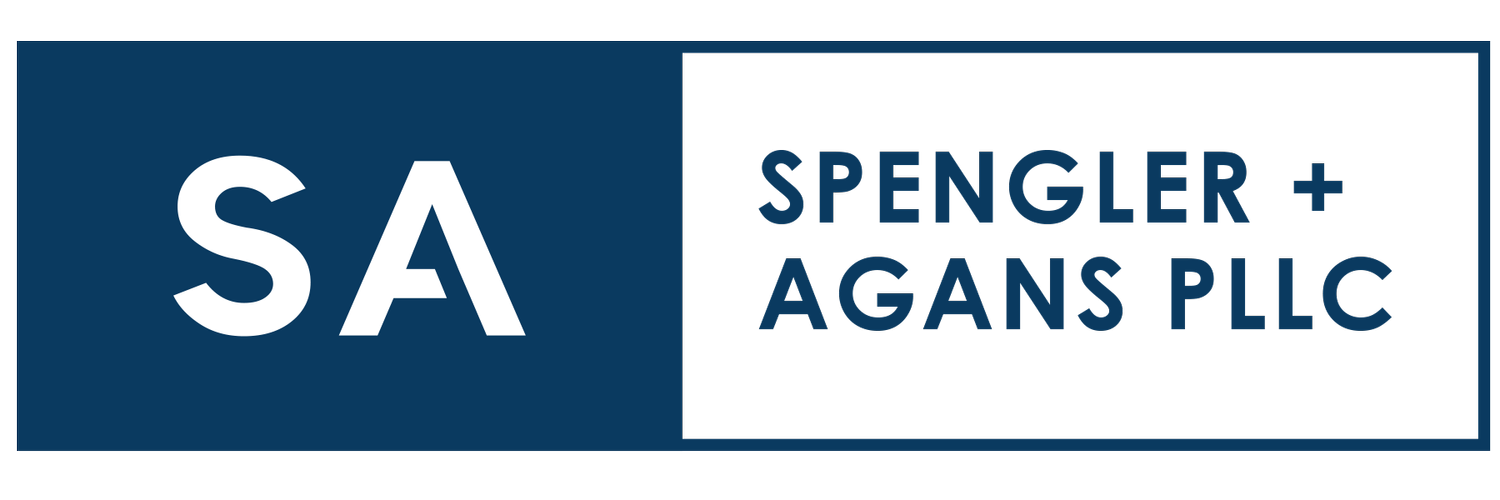Small Businesses can Learn from Facebook's Privacy Practice Failures
Every person on the Internet is being tracked, monitored, and registered by different digital technologies and companies. Most people are now used to this for marketing and advertising purposes. You can check out a pair of shoes on one website, then immediately start seeing ads for that same pair of shoes on a completely different website. It is not a coincidence when Google Ads is suddenly full of car ads after a car quote goes to your Gmail. It is just now the cost of using free online services.
What if your personal data is collected for something other than advertising?
The Federal Trade Commission is investigating Facebook for their privacy practices, as Cambridge Analytica collected user information on about 50 million Facebook users. Facebook collects gigabytes of information on each user, which is ripe for data mining. This "big data" can provide patterns, trends, and associations on millions of users. The allegations suggest Cambridge Analytica used this information for a political guerilla marketing campaign.
The problem for Facebook is users had their information taken without express consent. Stock prices have since tanked, and potential fines would easily bankrupt the company. A class action law suit has almost certainly been filed asking for billions in damages.
How did Facebook get into this mess?
Facebook was one of the first social media companies, which made it one of the first in uncharted waters. Platform developments moved ahead while the company's privacy policy remained the same. Private data changed to public data countless times. Facebook tracked users even after they signed out of the service. There was enough unauthorized data collection and publishing that the Federal Trade Commission started an investigation. Facebook eventually agreed to a new set of privacy policies, safeguards, and other steps to ensure customer data will be protected.
That was in 2011. According to the most recent allegations, the company is still struggling to keep user information safe.
What can small businesses learn from Facebook?
A small business or startup is focused on a thousand things other than their privacy policy and terms of service. Those feel like an unnecessary waste of time when you are trying to perfect your product or service. What many small businesses do not realize is both the privacy policy and terms of service are the agreement between the business and the user. Failing to abide by these documents expose companies to federal fines and civil ligation. Nearly every website uses cookies, mostly for innocuous purposes to improve the user experience. However, that may be illegal unless it is spelled out in a privacy policy.
Even this website includes a privacy policy and terms of service setting forth, among other things, that we can use cookies. Without this policy, placing a cookie on someone's computer without their consent could run afoul things like the Wiretap Act.
With hundreds or even thousands of violations, the potential cost quickly spirals out of control. This scenario played out in Season 4, Episode 2 of Silicon Valley, where a terms of service issue creates a $21 billion problem for the fledgling startup. It also ended Dinesh's short time as CEO, which was great TV.
Just like Facebook, Pied Piper could have saved itself a giant headache by reviewing its privacy policy and terms of service. Small businesses get in trouble when they piece together privacy policies and terms of service from elsewhere. There may be inconsistent language, different controlling laws, and policies that do not fit what the company does. Even more important, companies forget about revisiting these documents. These documents bind the company, and must be closely reviewed and re-reviewed frequently, especially after major changes to the business. Facebook failed to update their agreement with users, and lost $70 billion in 10 days.
Have an attorney draft and review privacy policies and terms of service
Using a qualified attorney to review these documents can protect small businesses from potentially huge problems. Contact our attorneys for help with your privacy policy and terms of service. Spengler Agans Bradley offers a flat-rate legal checkup for startups and business needing a broad, overall legal review of their business and business practices.
To contact us, or to sign up for our newsletter, please visit our Contact page or reach out to the relevant attorney directly through their bio page. In addition, you can find primary contacts for each practice area by visiting our Areas of Practice page.


